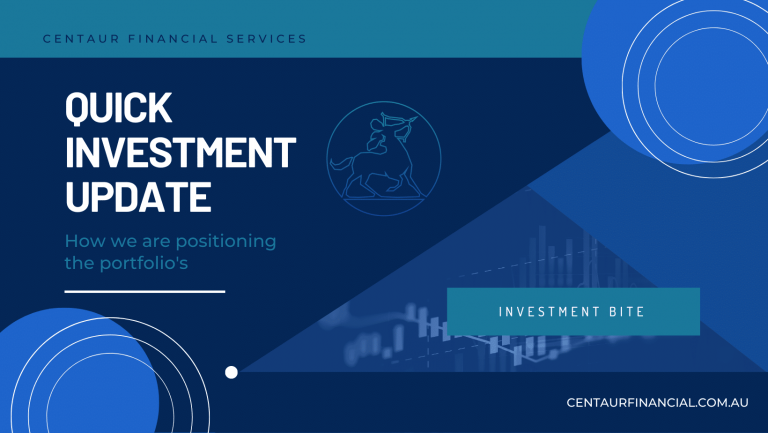For every action there is a reaction. And while we’re not criticising the government’s policy response to COVID-19, we recognise that such intervention often has unintended consequences.
Take lower interest rates for instance. Central banks intended to make the cost of investment cheaper and be stimulatory. Instead, Australian households borrowed more money to buy bigger and better houses and US corporates levered up to buy back shares. Both actions have contributed to the economy’s current precarious situation.
One needs to think laterally when considering unintended consequences, something we apply our collective minds to. Why? Unintended consequences can impact the long-term prospects of companies and industries, both positively and negatively.
A costly decision
Providing a payment holiday seems like the right thing for banks to do given the unique circumstances. However, is it simply delaying the inevitable?
While a payment holiday means you don’t have to pay principal or interest over a six-month period, interest still accrues. In other words, after the payment holiday you have more debt. Imagine if the asset against that debt, maybe your family home or investment property, is worth less in six-12 months’ time. That leaves you with a higher liability and lower asset value.
If the servicer of the loan cannot find a job and is forced to sell in a depressed market, this becomes permanent financial damage. The unintended consequence of a payment holiday for SMEs and households could be a bigger problem down the track.
Credit rationing
Banks are experiencing significant demand for credit from existing customers. SMEs and households are getting payment holidays and larger corporates are drawing down any credit line they can. This is extremely capital consumptive for banks.
While the RBA is providing adequate liquidity and the government is providing motivation to extend credit to SMEs, there’s little motivation for banks to take on new customers, either consumers or SMEs. We believe credit rationing for new customers is likely, with non-bank lenders pulling back at the same time. This will provide a headwind for the economy, with a reduced number of business start-ups in the short to medium term.
Commercial property
SMEs are most likely to use retail and office properties. To keep SMEs afloat, the government is addressing the two biggest costs, one of which is rent. The government has set up rules for a Mandatory Code of Conduct which helps tenants with turnover up to $50m. Essentially, the commercial landlord must take the same revenue hit as the tenant. At least half of this rent is waived completely, and the rest is deferred.
This is a smart move politically because there’s a perception that commercial landlords are rich, so there’s little sympathy from the public. However, unintended consequences are likely.
Commercial property is an attractive investment for two reasons; the stability of cashflows and the ability to borrow large sums of money against the asset. Landlords generally don’t get to participate in the upside when a tenant’s sales are going through the roof, but on the flip side, when the going’s not so good, they still get paid or can replace the tenant.
Banks traditionally liked lending to commercial property owners because of stable cashflows, the security of a hard asset and there wasn’t that operating leverage as is the case in most businesses. A precedent has now been now been set.
Commercial landlords now must cop the downside being felt by their tenants. There is even a six-month moratorium on evictions; so this asset, which was generating cash and servicing a debt, is generating no cash and there is nothing the landlord can do about it.
When the dust settles, banks are going to want more collateral and will likely lower loan to value ratios at a time when values could be under pressure. Given the importance of debt finance for most commercial property investors, this is likely to negatively impact valuations in the medium term.
The unintended consequences could include landlords hiking rents to take this new risk into consideration. If unable to increase rents, the result could be an accelerated downcycle in commercial property valuations, which would provide a further headwind for credit providers, which in turn could lead to further credit rationing.
Policies being implemented today have numerous unintended consequences that may impact the long-term prospects of many industries. This includes changes to supply chains from global just-in-time inventory systems to relying more on domestic supply chains. Immigration may slow to a trickle which, in turn, will impact economic growth.
When it comes to unintended consequences, understanding what’s next for the economy and how to manage your credit and debt situation can be confusing. Book a chat with the Centaur Financial team to step through what you should be doing next.
Source: Perpetual





































































